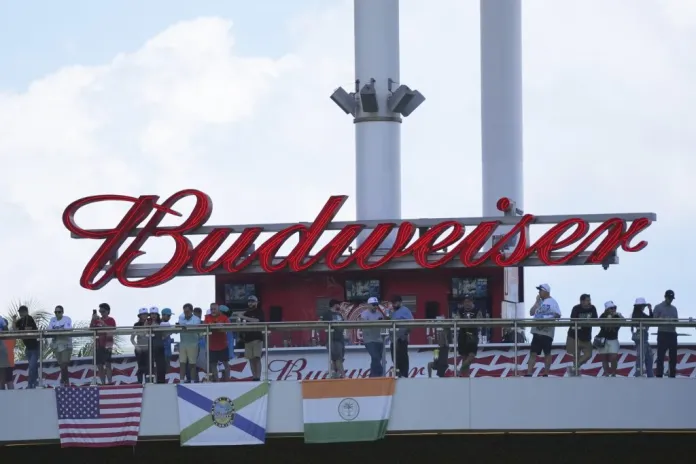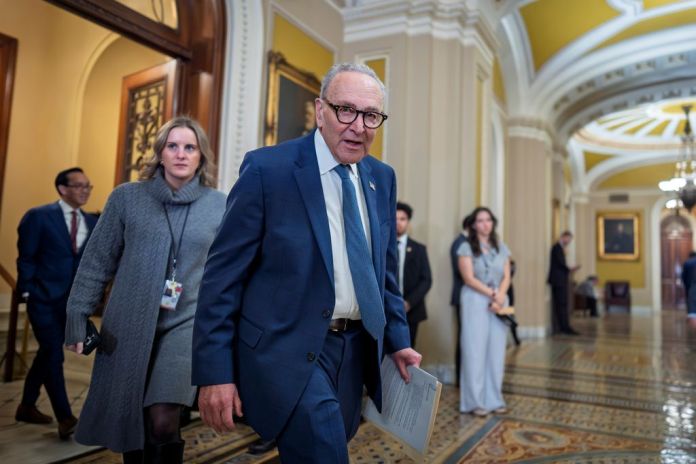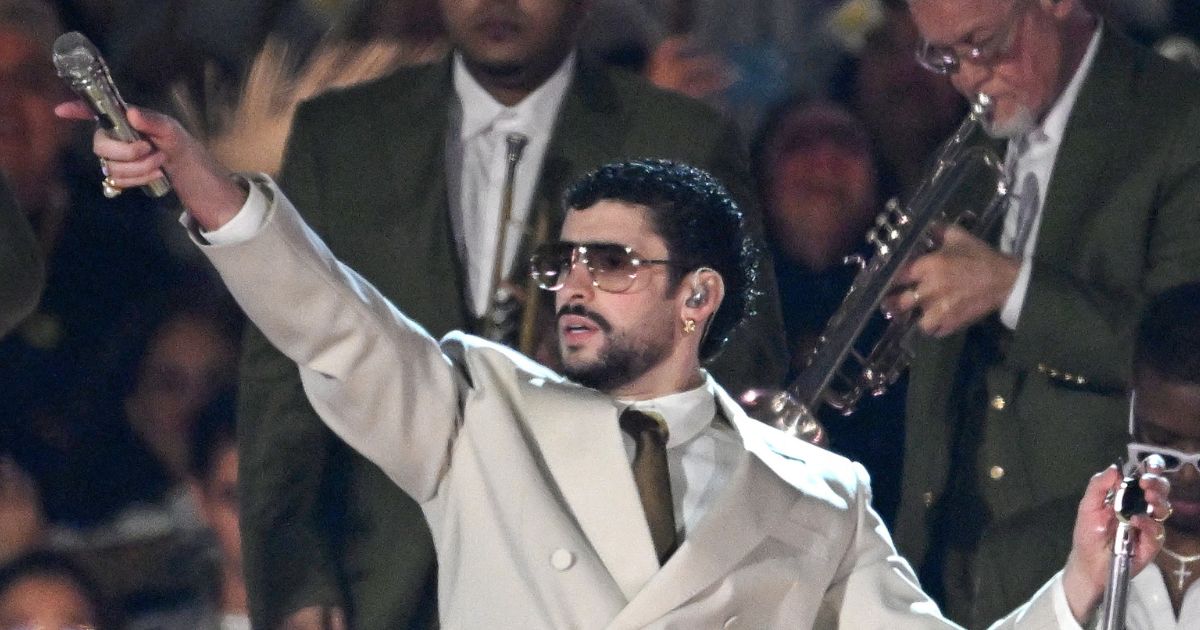TCS eye: Taxpayers’ tens of millions brought the Super Bowl to Louisiana
The article discusses how Louisiana taxpayers contributed tens of millions of dollars to bring Super Bowl LIX to New Orleans in 2025. The Louisiana Department of Economic Advancement allocated funds through contracts, grants, and special programs to support the event. Greater New Orleans, Inc. received substantial funding,including a $4.95 million total contract to aid fundraising, promotion, and oversee infrastructure improvements valued at $70 million. the state legislature also granted $10 million to the New Orleans Super Bowl Host Committee.
Officials highlighted the Super Bowl’s economic impact, citing a $1.25 billion boost to the state’s economy, nearly 10,000 jobs supported, and $82.7 million generated in state and local tax revenues. These figures stem from a study led by LSU economics professor Dek Terrell,based on visitor spending and indirect economic effects.
Though, some economists express skepticism about these numbers. Victor Matheson,a sports economist,argues the impact is highly likely overstated due to factors like displacement of regular tourists,local spending shifts,and money flowing out of the region. He also criticizes the lack of transparency regarding the total public cost and subsidies provided to the NFL and associated organizations.
while Louisiana invested heavily to host the Super Bowl and reports claim meaningful economic benefits, experts question the accuracy of these claims and highlight concerns about public expenditures and true local gain.
TCS eye: Taxpayers’ tens of millions brought the Super Bowl to Louisiana
(The Center Square) – Louisiana taxpayers put up tens of millions of dollars to land Super Bowl LIX in New Orleans, with contracts, grants, and special funds directed to organizers and economic development groups in the run-up to the 2025 game, according to records obtained by The Center Square.
In 2024, the Louisiana Department of Economic Development hired Greater New Orleans, Inc. to support fundraising efforts and media promotion tied to the city’s bid. An initial $450,000 agreement was later amended to add $4.5 million, with the goal of helping the state raise $25 million “to support Super Bowl implementation needs.”
The Legislature separately granted $10 million to the New Orleans Super Bowl Host Committee out of the state’s general fund, which was labeled a “qualified major event” under the state Major Events incentive program.
According to cooperative endeavor agreements, Greater New Orleans was tasked with coordinating messaging about the region and serving as “an advisor, coordinator and driver of a broad, positive media message.” In December 2024 – just two months before the game – the department approved an additional $1.5 million for Greater New Orleans to help oversee infrastructure improvements across multiple parishes and municipalities, according to the agreement.
Greater New Orleans said those infrastructure improvements totaled $70 million, though it is unclear how much of that bill was footed by the state.
After the Super Bowl, the department sent Greater New Orleans another $1.7 million for marketing and facility recruitment projects. Among the expenses was the “Louisiana NOW Pavilion,” a showcase exhibit for business leaders and dignitaries that cost $385,224.
Gov. Jeff Landry promoted the pavilion as a centerpiece of the state’s outreach effort.
“The Louisiana NOW Pavilion will serve as equal parts meeting space, interactive exhibit, media center, and theater featuring the story of the state’s transforming business climate,” the governor’s office said. The exhibit highlighted Louisiana’s transportation networks, energy and agribusiness sectors, and cultural identity.
The department also spent just above $6,000 on travel expenses for department employees.
Louisiana leaders touted the numbers tied to the Super Bowl in New Orleans, saying the game yielded a $1.25 billion statewide economic impact, supported nearly 10,000 jobs, and generated $82.7 million in state and local tax revenue. But at least one economist says those figures are misleading.
The estimates come from a study led by LSU economics professor Dek Terrell, who said his team relied on interviews with visitors during the event. Terrell calculated that out-of-state fans with tickets spent an average of $5,500, including about $1,400 on hotels for two to three nights. He estimated 63,000 ticketed fans traveled from out of state, while another 35,000 came without tickets but still spent over $4,000 each.
Adding in spending by media outlets like Fox Sports, the NFL, sponsors, and the host committee, Terrell pegged direct spending at $680 million. With “indirect impacts” – ripple effects such as payroll and contractor spending – his team concluded the overall impact topped $1.25 billion.
Victor Matheson, a sports economist at the College of the Holy Cross, is skeptical of those numbers, calling them “wildly inflated.”
He pointed to well-known distortions in economic impact studies: the substitution effect (locals shifting spending rather than adding new money), crowding out (major events displacing regular tourists), and leakages (profits flowing to out-of-town corporations).
“If I buy a $10 beer at the Super Bowl instead of on Bourbon Street, that’s not new economic activity,” Matheson said in a previous interview.
He added that New Orleans hotels are already near capacity most weekends in February, meaning the 98,000 out-of-state visitors cited in the study may have simply displaced other travelers.
Matheson also questioned the $5,500 average spending figure, asking whether it improperly included airfare or game tickets, neither of which benefits Louisiana. He said much of the media spending may have flowed to companies outside the region, and NFL hotel expenses were more likely covered by the host committee than the league.
“Even though it looks like there’s economic activity that’s happening in New Orleans because of the Super Bowl, none of that’s actually accumulating in the pockets of New Orleans or Louisiana residents,” Matheson said. “It’s going back somewhere else.”
Beyond the headline figures, he said the biggest missing piece is transparency about costs. Louisiana Economic Development Secretary Susan Bourgeois said the state spent $24 million, but could not say how much New Orleans contributed.
“If you’re going to tout $1.25 billion in benefits, you’d better be transparent about how much was spent,” Matheson said. “How many millions in public subsidies, free police, discounted hotel blocks, free use of the Superdome – what did the NFL get at ‘no cost?’”
" Conservative News Daily does not always share or support the views and opinions expressed here; they are just those of the writer."



